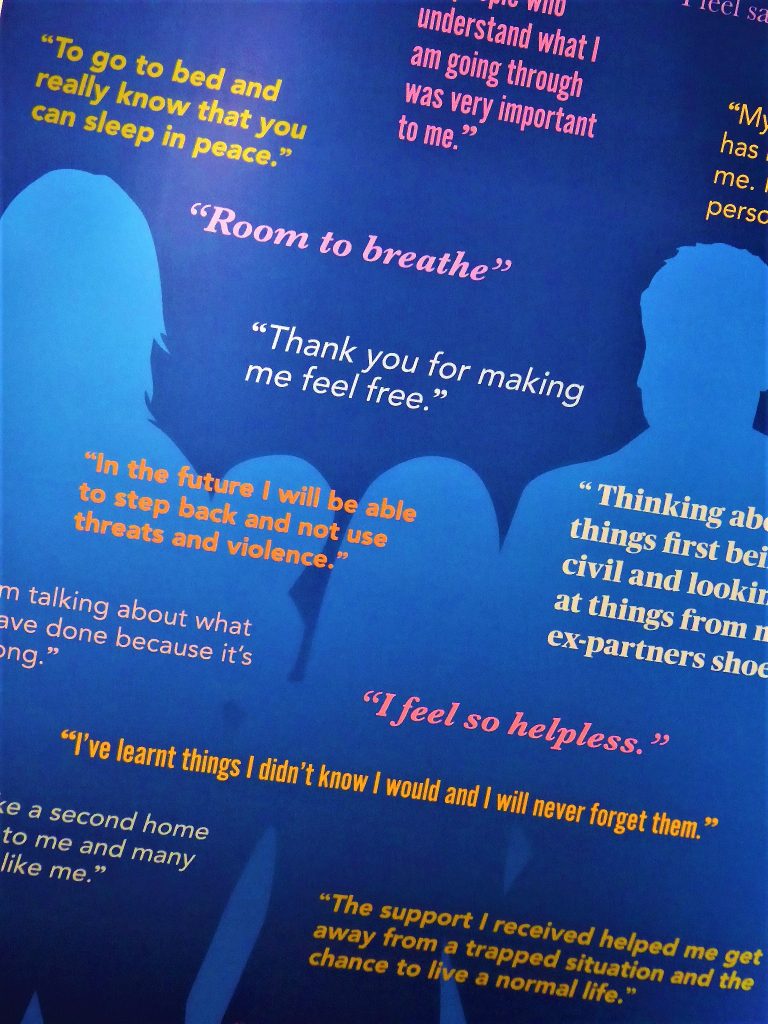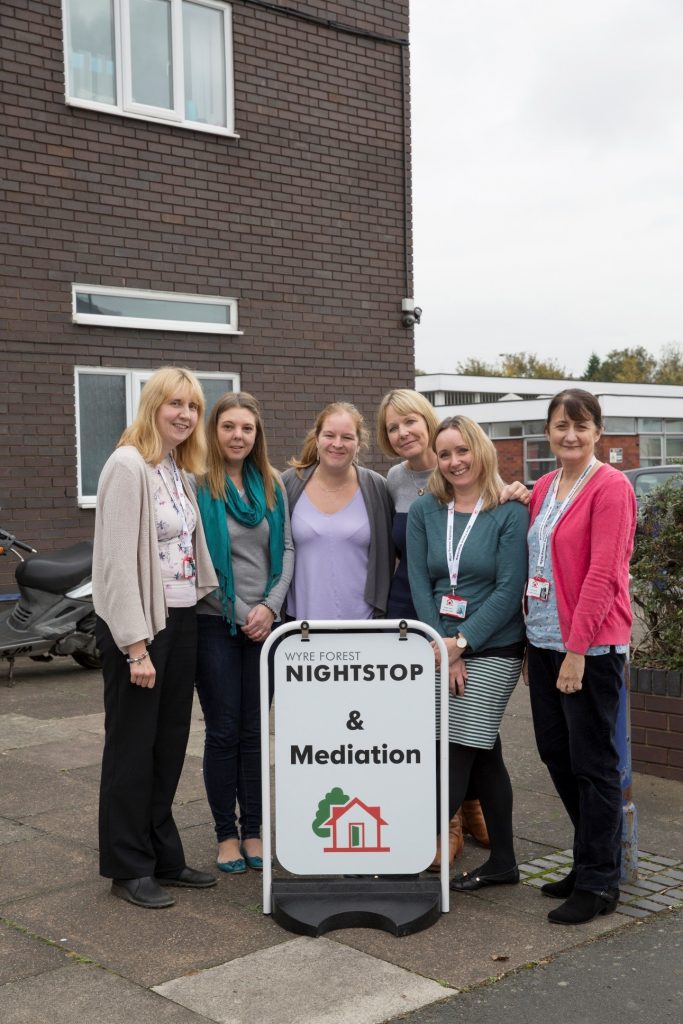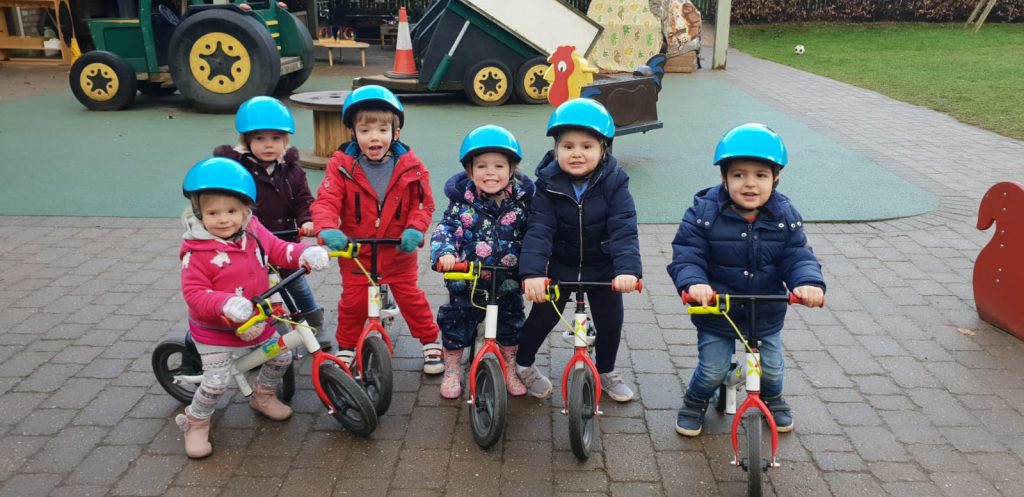How did some charities endure Covid-19 with minimum disruption to their services?

As we are approaching the eve of 2021, charitable giving in the UK is down across the board, and the situation in the third sector seems bleak. Many charities are fighting tooth and nail for survival, while others have found ways to endure the pandemic. How did they do it? We spoke to some of our charity partners and here are their biggest takeaways…
Adaptability
Those charities that acted fast and adapted their operations are those that have seen minimum to no disruption to the services they deliver. Of course, for some front-line workers switching to digital or remote service delivery just wasn’t possible, but for others they were able to create an entirely new way of operating! For those that were able to be creative in their approach to make it work such as Shigufta Khan, CEO at The Wish Centre, they were able to meet rising demand:
"We were able to meet the rising demand because our helpline was transferred to staff mobiles, and we adapted our group programmes for online delivery."
Shigufta Khan, CEO
The Wish Centre
Agile teams
Durable team structures seem like the second biggest contributor to successfully enduring the challenges Covid-19 presented. Many organisations found themselves in an environment that came with a set of demands for successful and safe operations practically overnight. Teams that were ready to embrace change and were empowered to find solutions were the ones to come out as winners.
"Although at the start we were unsure as a charity how we would continue to deliver emergency accommodation, amazingly, with social distancing measures in place and resources from Depaul UK, we also continued delivering this service. Looking back, we've been able to provide more accommodation in the last four months than during the whole of 2019."
Judith Ford, CEO
Wyre Forest Nightstop
Perseverance
For some charities, perseverance and persistence were key to coping with the situation. These organisations took one day at a time, awaited government guidance and adjusted service delivery for their beneficiaries based on it.
"We acted as a Community Support Organisation during Covid-19 as well as moving our services online. We ran a range of weekly groups via video calls at the height of lockdown. Over summer 2020 we transitioned back to a face-to-face service, supporting over 180 children a week in bubbles of 15 or less to access a range of activities to help them to reintegrate into their community in a fun and supportive environment."
Emma Pears, Chief Officer
SELFA
Collaborating with other organisations
Beyond supporting and educating their beneficiaries on Covid-19 and the severe dangers this virus presented (still presents), some charities found themselves reaching out and building strategic partnerships. For some, this involved working collaboratively with local authority, children's trusts, schools, leisure trusts and family support workers, building multi-agency crisis partnerships – all in aid of supporting their beneficiaries, continuing the smooth running of their services and maintaining staff development and wellbeing.
"We really felt this was an important time to invest in our team for their own development, wellbeing and to provide the best professional support at a time of crisis. Over the past nine months, we have been working in partnerships with a range of organisations to aid our team’s development. Given the type of services we deliver, having confident and highly skilled staff at a period of uncertainty was key for dealing with the new challenges."
Lindsy James, Director
Active Fusion
Mobile outreach
At a time when many organisations were looking inwards, swapping to online or phone service delivery, some had to flip their operation on its head. What do you do when you can’t have beneficiaries coming to you due to the circumstances you’re in? For some organisations, the answer was – mobile outreach – going where the people in need were without bringing these people physically into the service.
"Our outreach vehicle takes our service to women working on the sex work beat areas of Manchester and we have increased this service to five evenings a week since the pandemic. This widens our reach and engagement, particularly to women with multiple and complex needs whose chaotic lives can often mean mainstream services are inaccessible to them."
Annie Emery, Chief Executive
MASH
Foresight
For some organisations getting into the habit of considering the wider picture more has been the only way to overcome challenges presented by the pandemic. It is incredible how much foresight and proactive planning can aid overcoming obstacles.
"Pilotlight taught us the importance of constantly scanning the horizon which meant that in February 2020 our board of trustees approved our newly created pandemic policy, little thinking that we would actually ever need to invoke it. The pandemic policy defined our framework for decision making and on 9th March 2020 one of the trigger points in the policy was reached. Pilotlight has helped us plan ahead and meet the challenge of accelerated change and all the while without losing sight of our purpose or diluting our impact. Diolch yn fawr iawn."
Kathryn Williams, Director
Rubicon Dance
Charities working in the fields of Community, Welfare and Youth in the Midlands, the North of England and Wales can apply for the Weston Charity Awards. Every winner will receive the opportunity to participate in the Pilotlight 360. For many charities this evolves becoming better prepared for long-term sustainability, building capacity, re-evaluating operations and developing contingency plans. To apply for the awards, please click here.

Related Charities
Blackburn & Darwen District without Abuse
BDDWA (Blackburn & Darwen District without Abuse) incorporating the Wish Centre is a specialist charity providing support to victims of domesti
Wyre Forest Nightstop
Wyre Forest Nightstop and Mediation Scheme is a small, local charity covering Worcestershire that provides safe, emergency accommodation with train
Active Fusion
Active Fusion’s mission is to help every child develop a love for being active by unlocking potential and creating positive habits for life.
Manchester Action on Street Health (MASH)
MASH is the only organisation in Greater Manchester which exists specifically to support women who sex work.
Rubicon Dance
Established in 1975, Rubicon is a community dance charity built around the single, central idea of aspirational dance for everyone.



